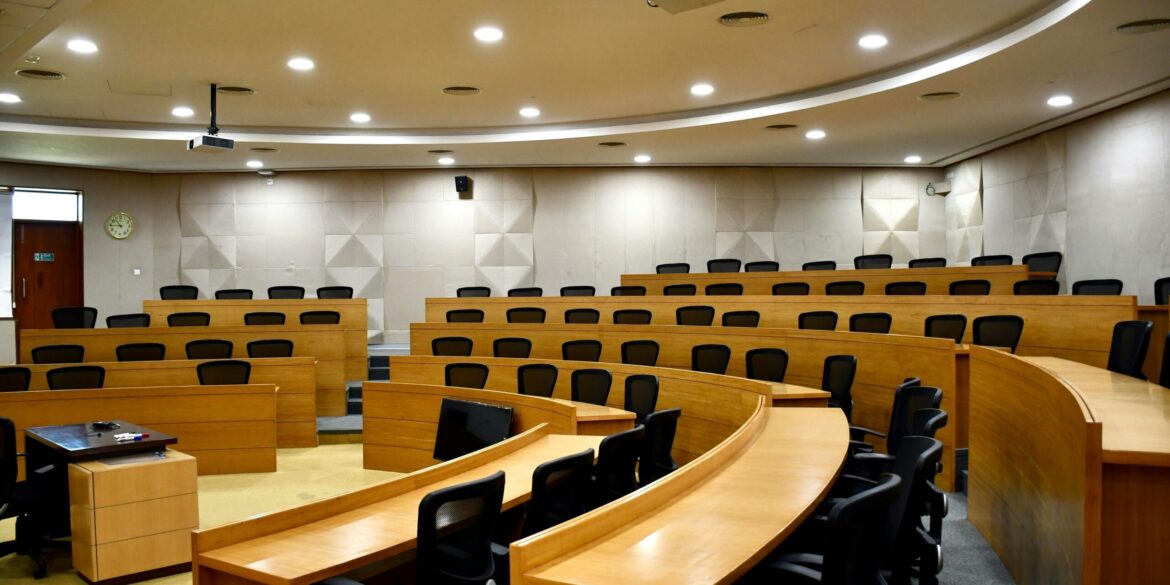General counsel across the U.S. are reinventing legal operations by fusing law and technology—reshaping how attorneys deliver value in 2025.
In-house attorneys are no longer just advisors—they are technologists, strategists, and architects of legal innovation. On July 20, 2025, corporate general counsel (GCs) from leading U.S. companies revealed sweeping transformations in how they approach legal service delivery, with AI adoption at the center.
A growing number of in-house legal departments now employ artificial intelligence tools for contract review, regulatory tracking, and legal research automation. General Counsel Mia Rodriguez of TechNova Inc. explained that her team now runs an internal “prompt engineering task force” to tailor AI outputs for legal analysis.
“We’re integrating AI not just to speed things up—but to elevate the value of legal insight,” Rodriguez said.
At SuperMart Retail, GC Thomas Alvarez shared how AI-led reviews have cut M&A timelines in half. “We’ve reduced turnaround time for vendor contracts by over 60% without sacrificing accuracy,” Alvarez reported.
This shift is also reshaping hiring strategies. Legal departments are seeking attorneys with dual expertise—those who understand both law and data systems. As legal-tech hybrids become the norm, institutions are partnering with law schools and coding bootcamps to fill the talent pipeline.
The transformation isn’t limited to large corporations. Mid-size and private companies are also adopting AI tools—like natural language review bots and compliance engines—to handle regulatory workloads. Legal platforms such as Ironclad, Everlaw, and Harvey AI are facilitating this movement.
Why it matters:
The evolution of in-house legal work demonstrates how technology is no longer a back-office tool but a strategic enabler. As GCs adopt AI across the board, they’re setting a new industry standard for operational excellence and proactive compliance.

